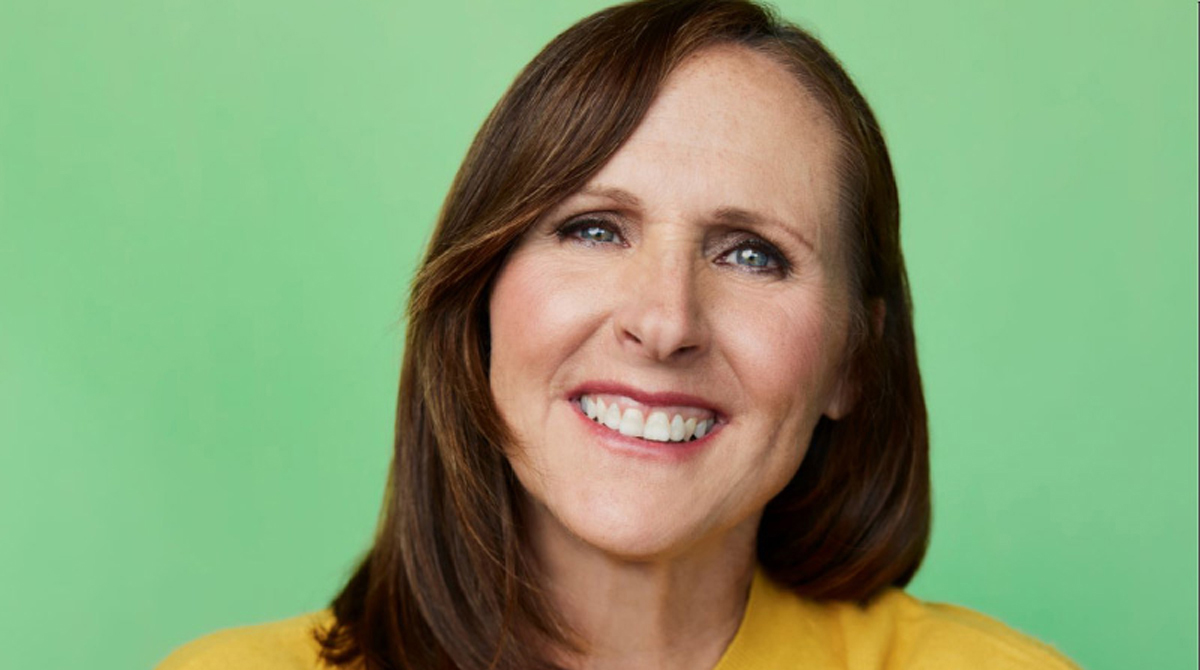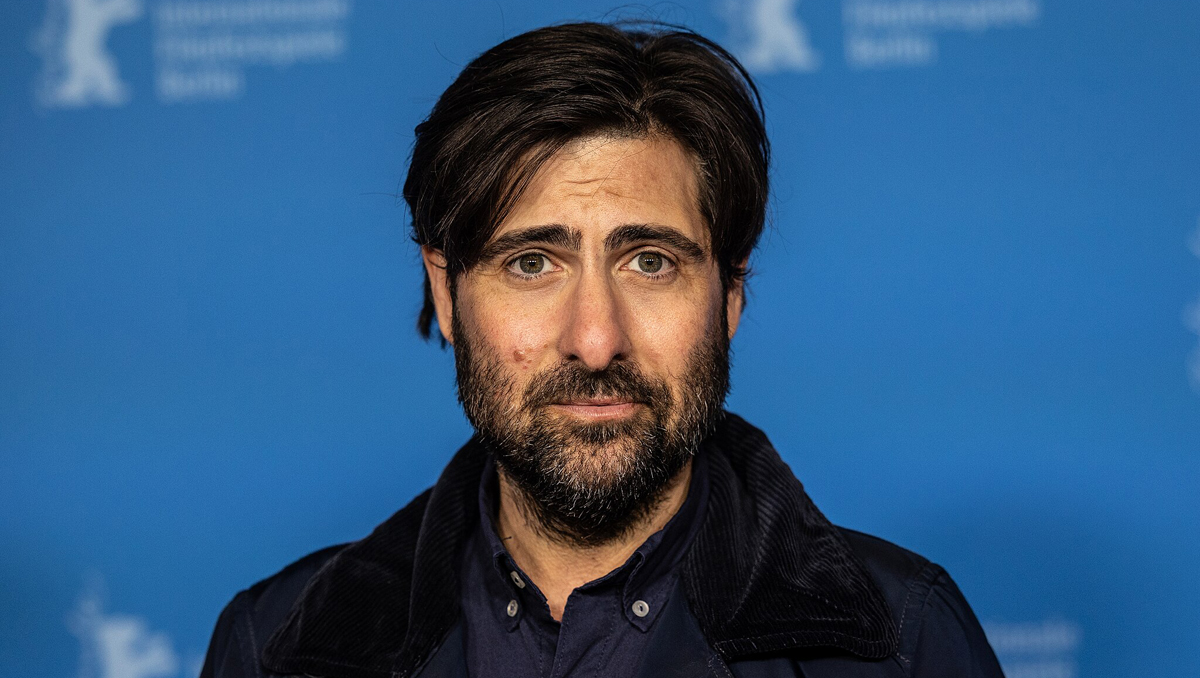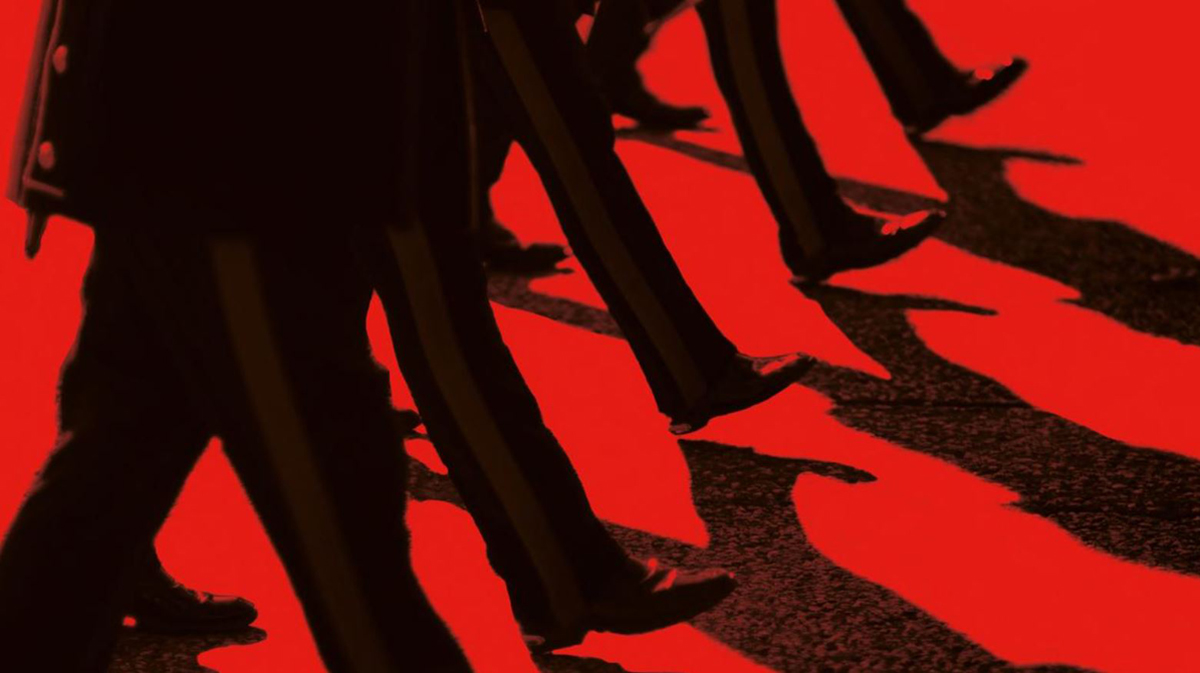Last weekend, thousands of librarians gathered for the American Library Association’s inaugural LibLearnXvirtual conference, where they had opportunities to hear from authors and luminaries about their work, the value of literacy and education, and the importance of libraries and librarians. Here’s what a few of them had to say:
Molly Shannon, actor, comedian, and author of the forthcoming memoir, Hello, Molly! (Ecco, April 2022)
To session moderator and author Cynthia D’Aprix Sweeney:
“I have so much respect for what you do and for writers in general. I think it’s one of the hardest things I’ve ever done, ever. Way harder than performing.”
On her memoir:
“People always ask if comedians come from dark places,” she said. “Life’s complicated and parents try their best. I hope that [my story] is inspiring because I felt like what I went through when I was a kid gave me this kind of resilience.”
On being named as this year’s honorary chair of National Library Week (April 3-9):
“I feel incredibly honored” to serve in this role, she said, noting that her late mother majored in library science. “It feels like a real tip of my hat to my mom and to all librarians, and it’s a real honor for me to get to do that. It’s such a special place in my heart.”
Colin Kaepernick, former NFL quarterback, activist, Know Your Rights Camp founder, and author of the forthcoming picture book, I Color Myself Different(Scholastic and Kaepernick Publishing, April 2022):
On librarians:
“Thank you for being our community anchors. Thank you for being our explorers, protectors, and curators of information. Thank you for being our defenders in the struggle against censorship. And thank you for being unshakable stewards of knowledge-knowledge that can challenge the status quo as we build a new world together.”
“From better and more Black and Brown representation in literature, to rethinking library access policies, to structural transformation in knowledge systems, you have the power to build a better world that is more just, more open, and more free.”
“I’m deeply honored to be your ally in the collective struggle to strengthen our communities and to expand the horizon of opportunity for all people, one book, one story, one library at a time.”
On equity, diversity, and inclusion efforts by libraries:
“ALA has already done some laudable work in this area, with its resolution to condemn white supremacy and fascism as antithetical to library work. My hope is that this resolution can serve as a springboard to ensure that libraries are spaces where all Black and Brown people feel that they belong.”
Angeline Boulley, author of the young adult novel Firekeeper’s Daughter (Henry Holt and Co.) and member of the Bear Clan from Sugar Island in Michigan’s Upper Peninsula.
On the importance of writing to help preserve heritage:
“I write to preserve my culture and I edit to protect it,” said Boulley. During the revision process, for example, Boulley decided not to include an actual tribal ceremony in the book. Instead, she said her goal was to capture the nuances of her community-and not just share its trauma but also share its joy and strength.
“I’m just so thankful to be playing a part in that,” she said. “There are 574 federally recognized tribes and each is so unique…. We are not relics of the past. We’re still here and we have dynamic stories to tell.”
On how she used the library for her book’s research:
“I did check out a lot of books about chemistry,” she said. She also tapped the expertise of a Native, retired FBI agent and watched a demonstration from Michigan State Police on how the drug crystal meth is made. “Those are just some of the ways libraries-and securing unusual and wonderful resources and sources-really helped bring the story to life.”
Jacqueline Woodson, author of Miracle’s Boys (Nancy Paulsen Books), and Newbery Honor-winning titles Brown Girl Dreaming (Nancy Paulsen Books), After Tupac and D Foster (Nancy Paulsen Books), Feathers (Nancy Paulsen Books), and Show Way (Nancy Paulsen Books).
On the influence of writers Virginia Hamilton, James Baldwin, Eloise Greenfield, Toni Morrison, Walter Dean Myers, and Mildred Taylor on her and other authors:
“I stay eternally grateful to the writers who came before me,” she said, “and to the ancestors who have allowed us to keep on going.”
On why she writes:
“I want a book to be there that wasn’t there when I was a young person. I never want young people to have a gap in their experiences” when they walk into a library, bookstore, or their classroom.
On the book challenges in Texas and other places around the country:
She thanked library workers, whom she said, “are fighting this battle alongside [writers], and I’m grateful to you for your work…. This is not easy.”
US Senator Mazie K. Hirono (D-HI) and author of Heart of Fire: An Immigrant Daughter’s Story (Viking)
On the importance of books and reading in her life and work:
“Books are a huge part of my life. Reading is a huge part of my life. And, in fact, I credit my librarian and elementary school, Ms. Petrie, with awakening my love of reading. In fact, when I interview people who want to work for me, I ask them if they like to read. And if they like to read, I ask what do they read. It tells me a lot.”
On book challenges occurring across the US:
“I am just as troubled as you all are regarding this huge push to ban what’s described as a teaching of critical race theory. And what that comes down to is that there are people who don’t want our racism, our slavery, the racism that has manifested in things like the Chinese Exclusion Act, in my view, the internment of 120,000 Japanese Americans in World War II, those are all parts of our history that are really important that should be taught.
“So this is a huge concern for me as school boards and teachers and others are confronted with what they’re teaching, and we have to fight back. We have to push back against efforts to limit what we have access to and what we are taught. So I push back, and I think we all have to.”
Read more about speakers and programs offered during ALA’s LibLearnX at American Libraries.




